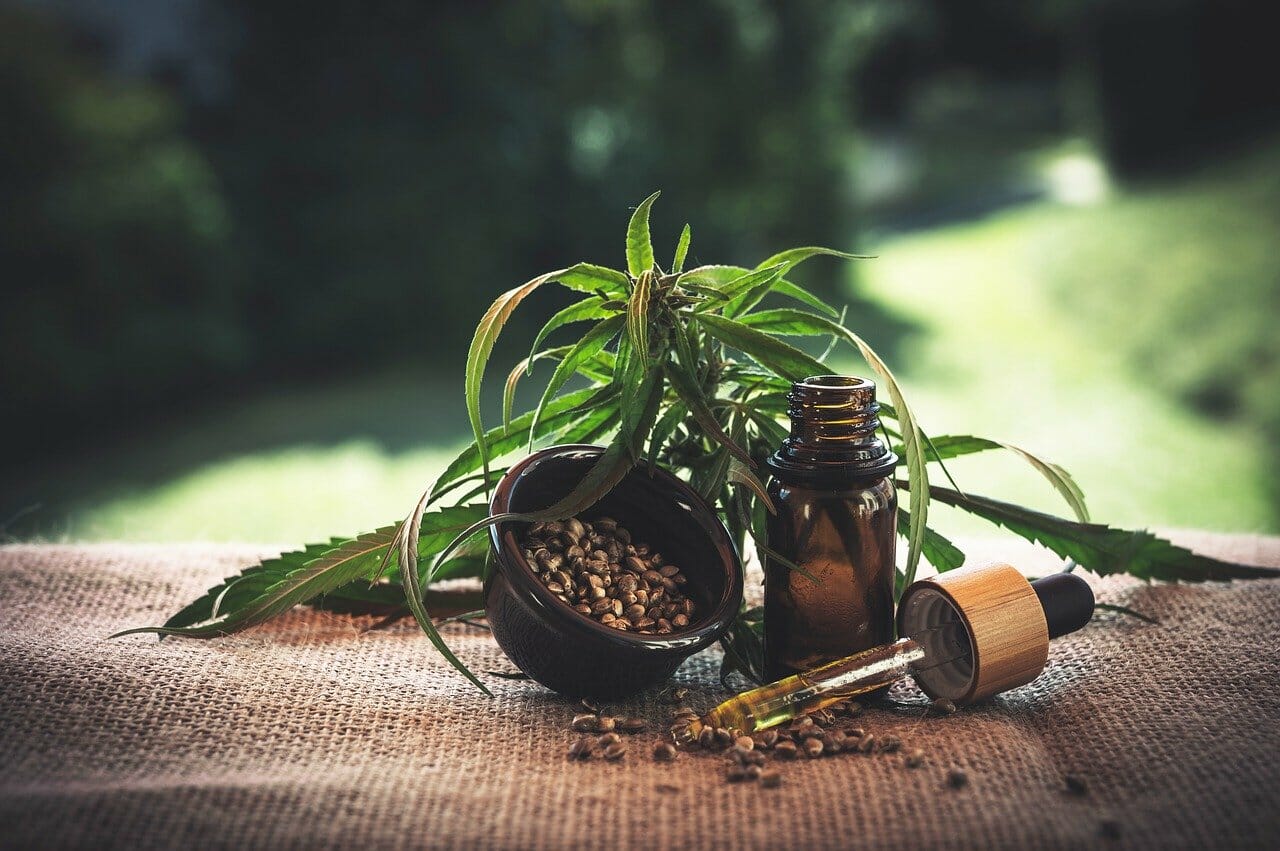Premium Hemp Products

The cannabidiol (CBD) industry has grown tremendously in recent years, and the future only looks bright. Although the sector has certainly enjoyed success, it has its fair share of challenges as well, such as obtaining quality products that meet customer expectations.
In order to purchase a product that you’re happy with, it’s crucial that you educate yourself properly about this topic. Read on for some of the most common questions people have when they first start researching CBD.
1. “What’s the difference between hemp and marijuana?”
Both hemp and marijuana plants are part of the cannabis family and have similar effects when consumed. Hemp is a plant typically cultivated outdoors that grows up to four feet in height. It is commonly harvested for its seeds, stalks, and flowers. You may find hemp seed oil in food and cosmetics. Some clothes and building equipment also make use of hemp stalks. Hemp buds are the part of the plant commonly harvested for cannabinoid content. There’s no denying that hemp can serve a variety of purposes!
Marijuana, on the other hand, is only commercially processed for its flowers that have cannabinoids, which are similar to hemp. The main difference between the two lies in the THC content. In hemp, there is little to no THC, meaning that you get relief from cannabinoids without psychoactive effects. Marijuana has a much higher THC content and is classified as a Schedule I Substance under the United States Controlled Substances Act of 1970.
2. “Can I buy CBD oil in my state?”
If you live in a state where recreational marijuana use is allowed, you might find lots of CBD products that are from this plant. If you purchase these, keep in mind that it is illegal to possess or consume it outside the state where you bought it. CBD from industrial hemp, however, is legal across the country. This is why you must first know the marijuana laws in your state, as well as the differences between CBD derived from either source so that you do not get into legal trouble.
3. “Why are there so many types of oil?”
Generally, this is the case because different products have different results. For example, CBD vape oil can yield effects quickly, but those results will wane much more rapidly. Meanwhile, edibles can take up to an hour to take effect, but they will last for several hours. The different kinds of oil also come from different extraction and filtration methods. The darker a product, the more unfiltered it is.
On top of that, the more concentrated the cannabinoids are in a product, the more potent it is. You must take note, though, that body mass and individual reaction to CBD can vary from person to person. The form in which you consume your CBD also has much to do with whether or not you will find it helpful.
4. “How do I know what to purchase?”
You have to remember that not all CBD products are created equal. The industry as a whole is still undergoing the FDA regulation process, meaning that many companies are still getting away with selling low-quality products. Many brands use fillers that water down the effects of CBD, making them less effective and capable of producing the desired effects.
It is all the more important, then, to educate yourself and be proactive about gathering information on the products you want to buy. Knowing the differences between the products and types of oils will also help you make an informed decision about which items will best fit your needs.
5. “Where can I learn more about CBD?”
Responsible CBD companies provide lab results on their websites, which break down the purity and potency of their product. This can help you know for certain whether the products are suitable for you, and be assured of the quality of the products you would be getting.
Read the ingredient lists on the products before purchasing, so you know there is nothing questionable in the formula. Reliable manufacturers are transparent with their ingredients and put their product lists online, as well as on the packaging of their items. If you are aware of what you’re looking for, you will reduce the chances of getting duped by less scrupulous vendors looking to make a quick buck.
Many first-time CBD users think cannabinoids aren’t for them, but that is likely because they did not take the time to search and pinpoint what they need. Doing your due diligence on different CBD oils, their concentration, and their effect is the first step to finding the right cannabinoid for you.